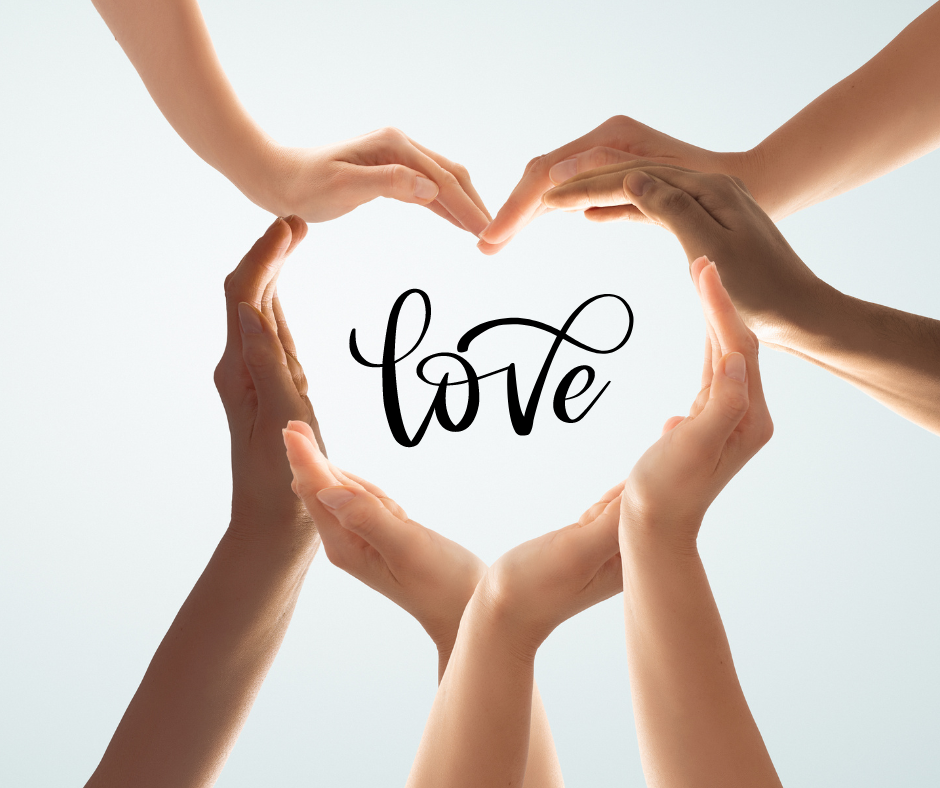
February 14, 2024
Valentine’s Day is upon us again! For those of us with intimate partners, it’s a day to take a breath and remember why we love them. They're an essential part of our lives, enhancing our experiences with the good, the bad, and the ugly of everyday stresses and joys. I want to help parents think about what they are doing and does it help their children.
But what is love? How do we learn to give and receive love? These questions weigh heavily on my mind. Love is a multifaceted emotion, not limited to intimate partners. It encompasses our families, close friends, and our social circle. So, WHAT’S LOVE GOT TO DO WITH IT? EVERYTHING!
So, where does the story begin? How do children learn to love and receive it? It starts at birth, where consistent care and nurturing lay the foundation for understanding love later in life. However, when relentless high conflict custody continues on an ongoing basis, it inhibits a child's ability to form successful intimate relationships in the future as an adult and the cycle begins. Especially with mental illness. When you are getting divorced, your children are not getting divorced. They are the casualty of divorce with no real voice. If you really love your child, think about the long-term effects on your actions. What is the prize for your children?
The next question I want to propose is how does the trauma of high-conflict custody affect our children's ability to feel loved? The answer is - it does. I see the long-term effects with families I have served 20 years ago. When parents bring their own trauma, it never stops, it just perpetuates. These experiences can change a child's trust, emotional regulation, and ability to form secure attachments, leading to long-term effects such as low self-esteem and anxiety.
Despite these challenges, parents can positively influence their children's ability to give and receive love. Here are five ways parents can help their children navigate through challenging times:
5 Tips you can share with your families and friends going through High conflict custody to think about.
1. *Provide Stability and Consistency*: Support a stable and predictable routine for your children as much as possible. Consistency in daily activities, such as meals, bedtime, and school, can create a sense of security and safety for them amidst the upheaval of divorce or custody battles.
2. *Open Communication*: Encourage open and honest communication with your children. And both parents. This Create a safe space where they feel comfortable expressing their thoughts, feelings, and concerns without fear of judgment. Listen actively, confirm their emotions, and reassure them of your love and support.
3. *Model Healthy Coping Mechanisms*: Prove positive ways of coping with stress, anger, and disappointment. Show your children that it's okay to feel emotions but emphasize the importance of managing them constructively through healthy outlets like talking, journaling, or engaging in hobbies.
4. *Promote Self-Care*: Take care of yourself physically, emotionally, and mentally, so you can be present and attentive to your children's needs. Prioritize self-care activities that recharge and rejuvenate you, whether it's exercising, meditating, spending time with friends, or seeking professional support through therapy.
5. *Foster a Supportive Environment* : Surround your children with love, encouragement, and supportive relationships. Strengthen their social connections with friends, family members, teachers, or mentors who can offer guidance, validation, and companionship during these challenging times. When you must discipline your child remember to give them a hug. It’s not that you don’t love them, just that you’re not happy with their decision. We grow when we face challenges with love. This is a learning opportunity to develop trust and respect for you and your child(end). “This is what love has to do with it.” We, as people need to be able to receive and give love or we do not have successful relationship life. We are looking for love in all the wrong places and find nothing except empty caves of loneliness and sorrow. Let’s help make a difference.
I celebrate Valentine’s Day every day of the year. I don’t know about you, but love is like the fertilizer of life. It helps to be able to keep plugging through even on the darkest days and it lifts me up. I send you an endless amount of hugs and love to share with all. Smiles and hugs are amazing. They are free for the asking! Everything I share is from my observations of monitoring for over 25 years, the good bad and the ugly. Which all of you can relate to, one way or the other. LOL! But seriously.
Thank you all for your continuing support and confidence in our services. We are here to help through the jungles of High conflict custody.
Enjoy your Valentine’s Day and remember to share the love ❤️
from the Queen of Visitations,
Ilene Fletcher
Director of Family Visitation Services